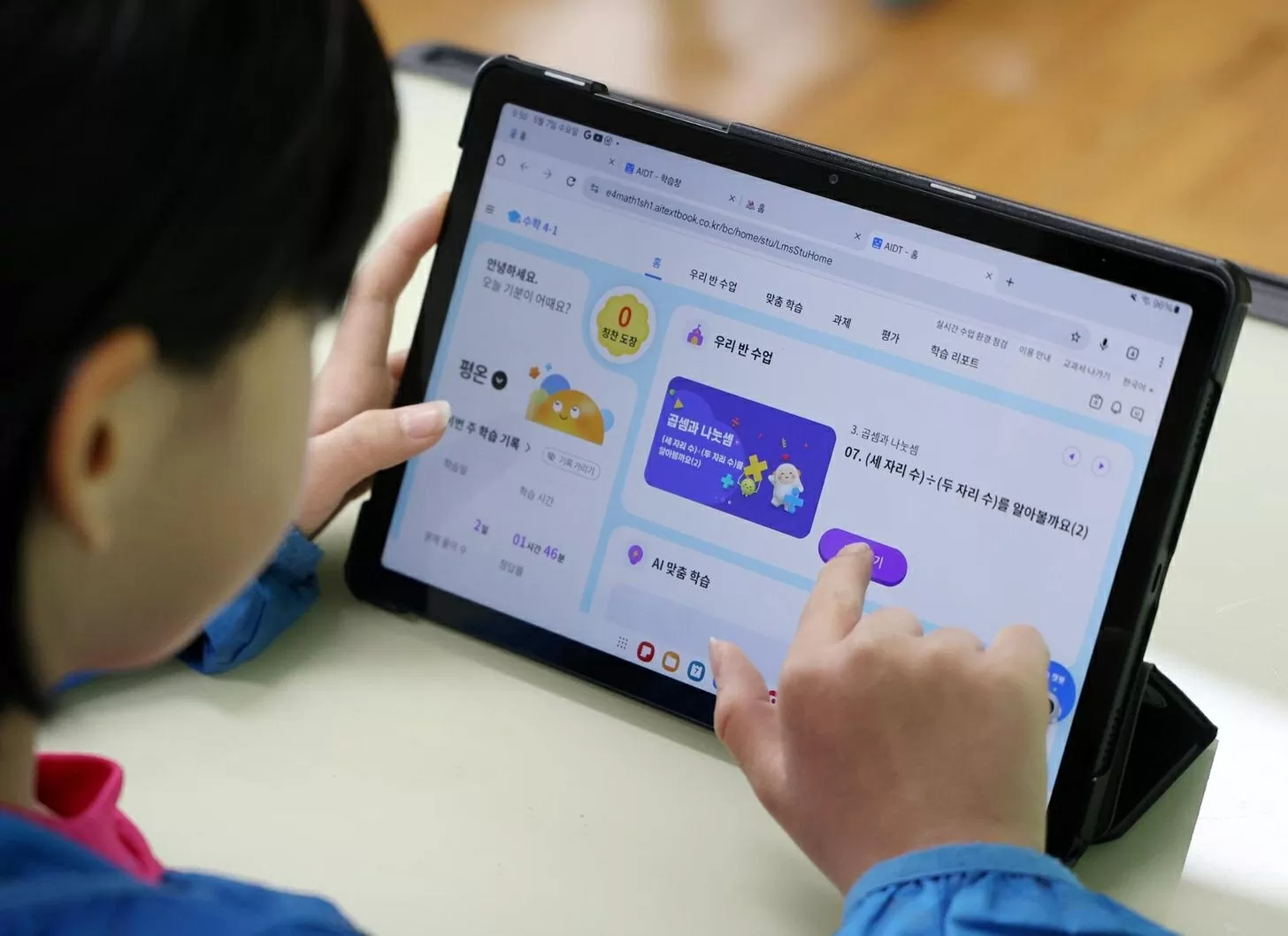 |
| A student uses a digital textbook integrated with artificial intelligence (AI) during a math class at Namsan Elementary School in Chuncheon, Gangwon Province, on May 7. (Source: Yonhap) |
After South Korea transfers presidential power, education policy is expected to undergo major changes, especially the digital textbook program using artificial intelligence.
New South Korean President Lee Jae-myung appears ready to halt the rollout of digital textbooks using artificial intelligence (AI).
Once considered a flagship initiative of former President Yoon Suk Yeol, the AI textbook program is likely to be scrapped as President Lee Jae-myung pledges to reform or significantly scale back the program.
The decision to withdraw AI-powered digital textbooks from official curricula is expected to create uncertainty for schools that have implemented the program, raising concerns about disruption in education and waste of public resources.
Widespread efforts
Since March, AI textbooks have been introduced to third- and fourth-graders, as well as first-year middle and high school students. Of the country’s 11,932 schools, only 3,870, or about 32%, have chosen to use AI textbooks as official learning materials, according to the education authority.
Yoon had previously planned to roll out AI textbooks nationwide this year. However, the plan faced opposition from teachers and the Democratic Party of Korea. As a result, the Korean Ministry of Education scaled back the rollout, keeping the AI textbooks as official documents but allowing individual schools to decide whether to adopt them or not.
An estimated 1 trillion won ($736 million) has been invested in teacher training and infrastructure to implement the program.
Redefining the legal status of AI books
President Lee has pledged to amend the AI textbook policy, which he said was flawed, by redefining their legal status as learning aids rather than official textbooks, and ensuring that schools have full discretion over their use. Under current regulations, official textbooks are mandatory, while support materials can be used at the discretion of individual schools.
If the new administration significantly cuts related budgets, AI textbooks could disappear from classrooms altogether.
Publishers that have invested heavily in developing AI textbooks are expressing discontent, saying they are suffering huge losses in both human resources and capital. Companies such as Chunjae Education and YBM, two of the main producers of AI textbooks, filed an administrative lawsuit against the Ministry of Education in April, after the initiative began to be downplayed since the former president was impeached.
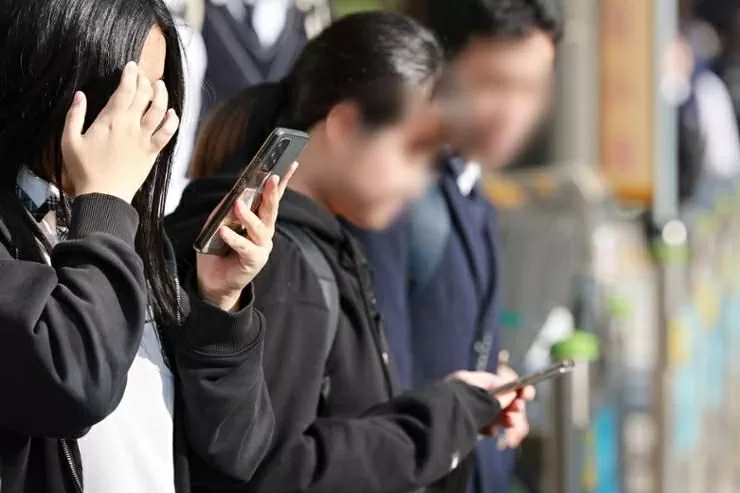 |
| South Korean middle school students use smartphones outside of class. (Source: Yonhap) |
They say the abrupt shift from a nationwide rollout to a school-by-school option has led to a sharp drop in book use, resulting in serious financial losses. Publishers are now seeking compensation from the government .
Confusion is also growing among teachers and parents, who are directly involved with AI textbooks, as they are unclear about what the future holds for the program.
“At my child’s school, they held a meeting to address parents’ concerns, but ultimately decided to use the AI textbooks only as supplementary materials. Now there is a possibility that the textbooks will no longer be used, leaving both students and parents in a state of confusion,” said Park Seong-woo, a parent of a fourth-grader in Gyeonggi Province.
Most Korean parents believe that the new Korean government will significantly reduce investment in AI textbooks and limit the use of this tool in the near future.
Source: https://baoquocte.vn/han-quoc-sach-giao-khoa-tri-tue-nhan-tao-co-the-bien-mat-hoan-toan-khoi-lop-hoc-317196.html




![[Photo] National Assembly Chairman Tran Thanh Man attends the VinFuture 2025 Award Ceremony](/_next/image?url=https%3A%2F%2Fvphoto.vietnam.vn%2Fthumb%2F1200x675%2Fvietnam%2Fresource%2FIMAGE%2F2025%2F12%2F05%2F1764951162416_2628509768338816493-6995-jpg.webp&w=3840&q=75)
![[Photo] 60th Anniversary of the Founding of the Vietnam Association of Photographic Artists](/_next/image?url=https%3A%2F%2Fvphoto.vietnam.vn%2Fthumb%2F1200x675%2Fvietnam%2Fresource%2FIMAGE%2F2025%2F12%2F05%2F1764935864512_a1-bnd-0841-9740-jpg.webp&w=3840&q=75)




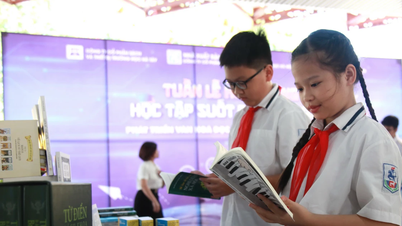



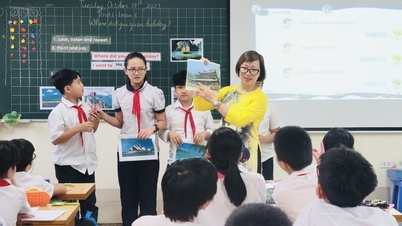

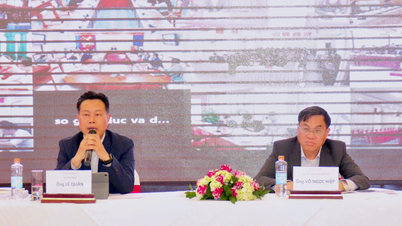






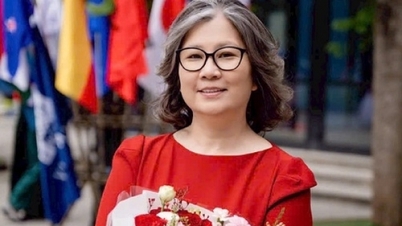
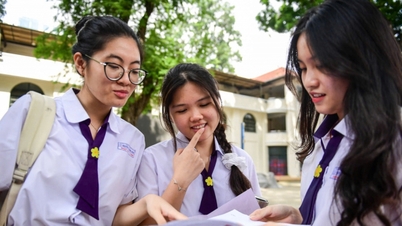
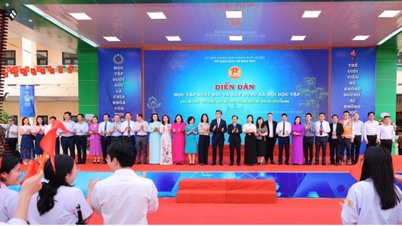
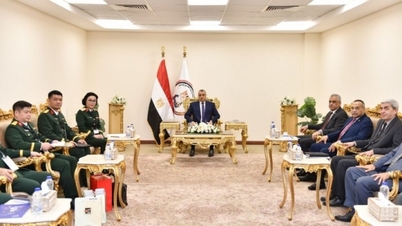

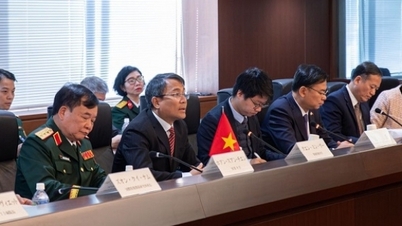








































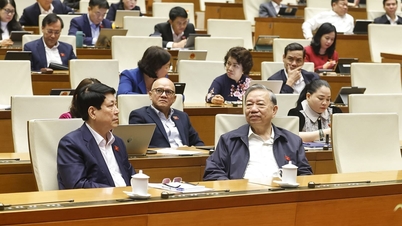













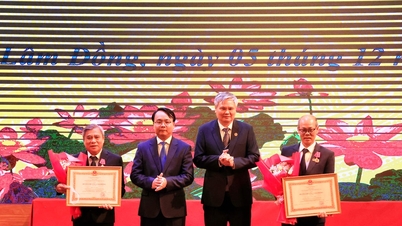



















Comment (0)